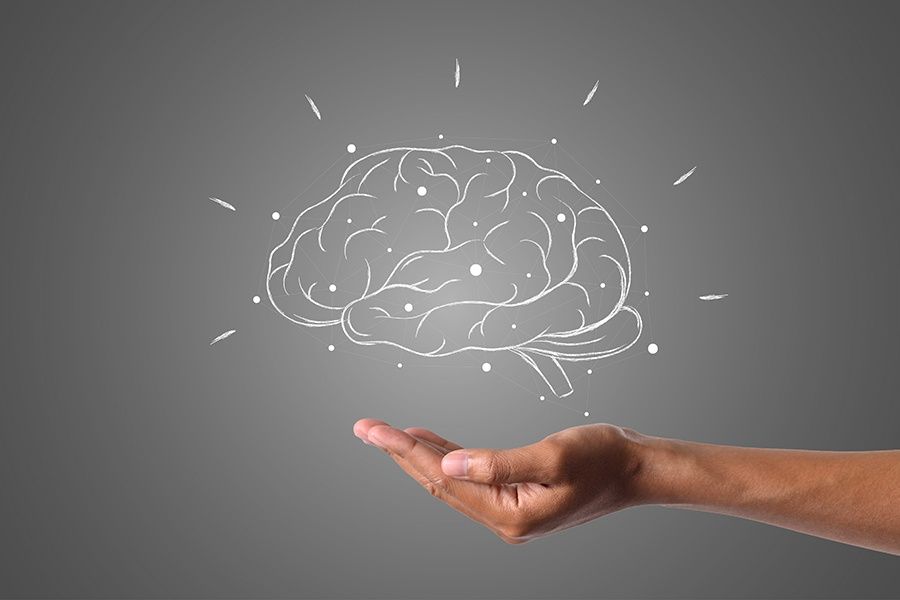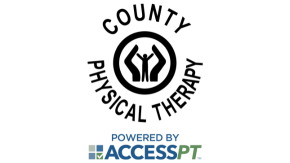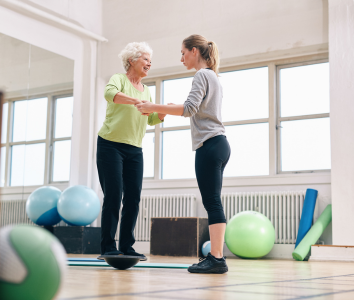While we often read and hear about sports-related concussion in the media, it is important to know that our senior citizens are also at risk for a concussion; likely due to a fall or a motor vehicle accident. If not recognized early, concussions can lead to permanent brain damage, disability, loss of independence, and even death.
Concussions are caused by a bump, blow, or jolt to the head or body; which subsequently causes the brain to move back and forth, side to side, or twist within the skull. While the brain is cushioned by cerebrospinal fluid, even a mild injury can cause serious damage, especially as we age. Concussions are considered a form of Traumatic Brain Injury; however, they are easy to miss because the injured person is unlikely to seek immediate medical treatment and diagnostic imaging such as MRI, CT Scan, or X-rays are usually normal. Furthermore, symptoms may take time to develop.
Physical symptoms include headaches, drowsiness, dizziness, difficulty with balance, nausea, vomiting, fatigue, double or blurred vision, loss of consciousness, change in sleep patterns, and sensitivity to light and sound.
Cognitive and emotional symptoms include memory difficulty, confusion, difficulty with concentration, slowed processing, “fogginess”, difficulty speaking and communicating, irritability, anxiety, depression, aggression, mood swings, poor tolerance of stress, and restlessness.
Early recognition and treatment for concussion is vital for long term recovery. The problem with concussion recovery is that each injury is unique and requires a medically-based recovery program individually tailored to the person’s initial and ongoing symptoms, and responses to treatment. While timeframes will vary greatly, recovery will include a progression through the following steps:
- Period of Complete Rest – No phones, computers, TV, music, sports, driving, exercise, work, bright lights, noisy environments until all symptoms have resolved. Sleep, proper hydration, and healthy nutritional intake are necessary for recovery. This may take 3-7 days or more.
- Graduated Return to Activity– Slow resumption of basic physical and mental activities. If any symptoms resume, activities must again be reduced until symptom-free.
If symptoms persist, additional treatment from skilled medical professionals will likely be required. This may include interventions by specialties such as Neuroopthamology, Physiatry, Neuropsychology, Physical Therapy, Occupational Therapy, Vestibular Rehabilitation, Vision Therapy, Sub Maximal Endurance Training, and so forth.
When treated properly, recovery from concussions can be complete, with full return to previous activity level likely. It is imperative that patients and medical professionals work together to create a climate of early identification of symptoms, a thorough evaluation of individual needs by appropriate medical professionals, and planned implementation of a recovery protocol. Failure to do so will likely result in long term consequences that include repeat concussions, permanent brain damage, and inability to perform all activities of life to its fullest.
Dr. Lori Schneider is a Physical Therapist and Regional Director for Access Physical Therapy and Wellness.



